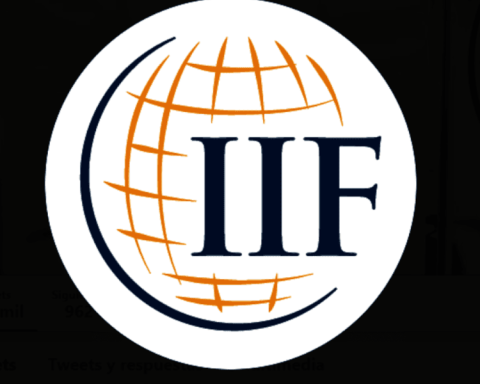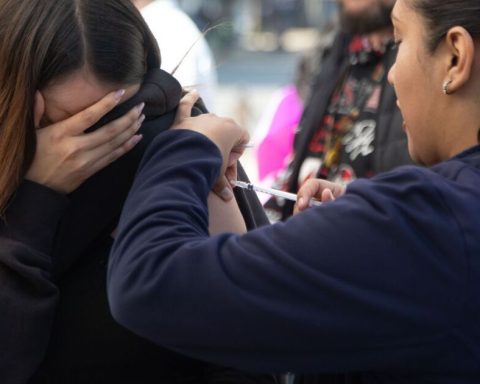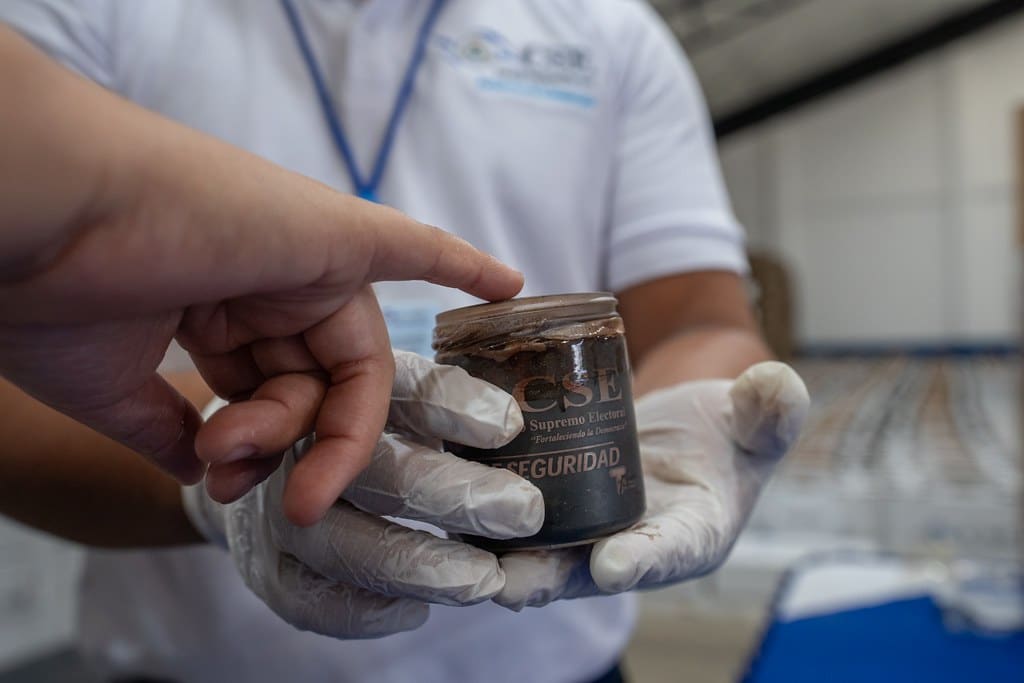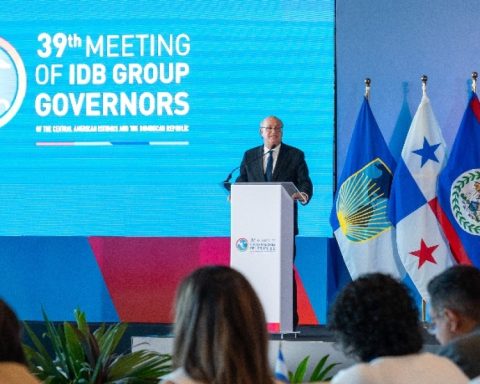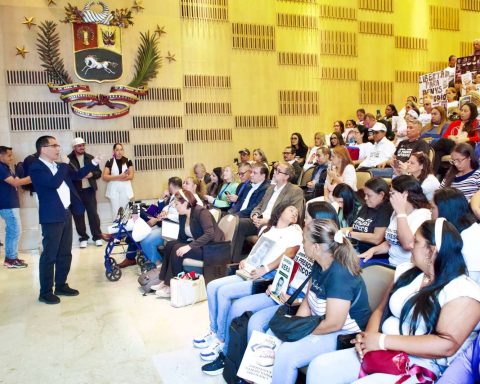Expert urges to end simulation and set global rules that each country abide by
▲ Vegan activists demonstrate at the entrance to the Sharm El-Sheikh International Convention Center, in Egypt’s Red Sea resort of the same name, during the opening of COP27 yesterday.
Angelica Enciso L.
Newspaper La Jornada
Monday, November 7, 2022, p. 5
This Monday the plenary sessions of the 27th Climate Change Conference of the Parties (COP) begin in Sharm El-Sheikh, Egypt, after its inauguration yesterday, with the assistance of around 120 countries, which are asked to do the mitigation of greenhouse gas (GHG) emissions, but each one has to control a bit
of transnational automotive, mining, oil and electronics companies. This is totally unfair because they don’t have the strength, sometimes they corrupt them
and this would not happen if global rules were put in place that would be followed by each nation.
This is stated by Amparo Martínez, a researcher at the Institute of Atmospheric Sciences of the National Autonomous University of Mexico (UNAM), who adds that if progress is really wanted, the proposal is to put an end to this simulation that has to be done country by country, when the economy and a large load of emissions are not given by national forces, but by all these companies
.
He points out that despite the war in Ukraine and the economic crisis, the planet’s subsidy for fossil fuels doubled, while large companies promised to invest in them. Thus, the scenario of 1.5 degrees of temperature increase proposed in international negotiations to avoid major disasters is exceeded.
In an interview, he explains that in this COP27 the most vulnerable countries will seek to speed up resources for adaptation and the implementation of the loss and damage mechanism, in a context in which climate financing has slowed down. Donors and countries have withheld contributions, and have not delivered them as they should, of 100 billion dollars that should be given annually, in 2020 some 83 billion had been granted
.
Remember that since 2013 the Warsaw international mechanism for loss and damage was established, but almost a decade later, no progress has been made. There is strong opposition from developed nations, as they say that they are not going to pay for what the developing countries did wrong, but the discussion has been escalating
.
After the last COP, a compromise was reached that the mechanism would be addressed in Egypt. Developing countries should be extremely supportive and understand that strong support must be generated with clear rules on loss and damage
. In addition, it must be clearly defined that this requires a budget and another is for adaptation.
The countries in this mechanism are highly vulnerable, which have contributed practically nothing to GHG emissions –as China and the United States have done–, they are the islands that are sinking, the countries that have a great drought and cannot produce food or that hurricanes and storms hit them and they have no way of getting up, they cannot think about adaptation because they cannot get out of the meteorological problem
.
The specialist refers that adaptation is also a responsibility: There are agreements, commitments of the countries, to do it, and it has to do with policies to promote it with education, capacity building and, on the other hand, there is also all the support for mitigation, in terms of structural changes so that we do not return to the same
.
measure progress
The conference, which will conclude on November 18, will also discuss the rules to measure the progress of the voluntary commitments of the countries for the reduction of GHG emissions of the Paris Agreement, since it is expected that in 2023 the first world balance and the discussion will have to be very technical, since it will be necessary to define what the countries will report and how the certainty of what they report will be guaranteed.
Warns that although GHG emission mitigation and adaptation should be given the same weight, this is not the case, because there are large companies that do business with mitigation, it is not about changing the transnational oil companies for green ones
. He points out that it is not worth making cosmetic modifications, but changing the trend of development, many countries will not abandon fossil fuels, but if there is no intention to support there will be no change.
In turn, the ETC Group, in an analysis of the climate negotiations, argued that real actions and solutions are needed to keep the increase in global temperature below 1.5 degrees Celsius, which means that the United Nations Framework Convention on Climate Change should focus on guaranteeing the profound and rapid reduction of GHG emissions, not in ways to mask or offset continuing emissions, such as carbon markets and geoengineering
.
He called for any geoengineering technique, such as direct air capture, enhanced weathering, ocean alkalinization, ocean fertilization and others, to be approved for registration as a potential removal technology under the mechanisms of Articles 6.4 and 6.8 of the Paris Agreement.



